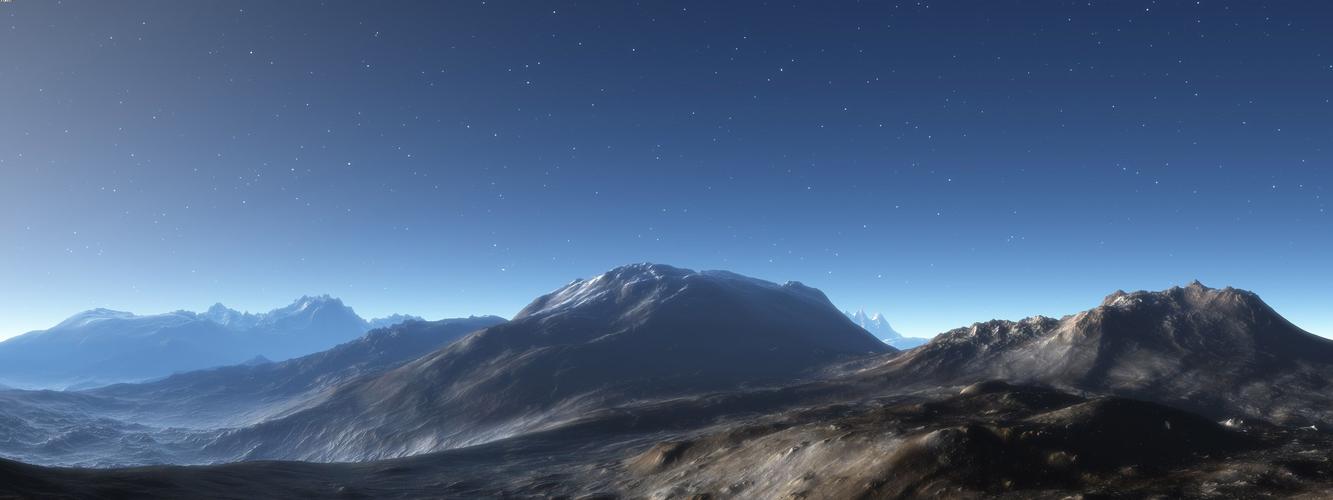Discovering India’s Cultural Heritage: Take This Quiz and Test Your Knowledge
India is a country that is rich in cultural heritage. From its ancient civilization to the present-day modernization, India has a lot to offer. But how much do you know about India’s heritage? Test your knowledge and discover more about India’s cultural history by taking this quiz.
The Indus Valley Civilization
The Indus Valley Civilization is one of the earliest known civilizations in the world. It’s dated back to 2600 BCE and was located in the northwestern region of the Indian subcontinent. The civilization had a well-organized urban system, with planned streets and drainage systems. One of the most remarkable features of the Indus Valley Civilization was its script, which still remains undeciphered.
The Vedic Age
The Vedic Age, starting from 1500 BCE until 500 BCE, was a pivotal period in Indian history. The period saw the development of the Vedic religion, which later evolved into Hinduism. The Vedas, a collection of religious texts, formed the basis of Vedic culture and are still revered by many Indians today. The caste system, which divides people into different social classes based on their birth, also originated during this period.
The Mauryan Empire
The Mauryan Empire, which existed from 322 BCE to 185 BCE, was the largest empire in India’s ancient history. The empire was established by Chandragupta Maurya who defeated Alexander’s army and went on to expand his empire across much of the Indian subcontinent. The empire’s most well-known emperor, Ashoka, is revered for promoting Buddhism and for his policy of non-violence. The pillars of Ashoka stand to this day and are considered some of the best-preserved archaeological artifacts in India.
The Mughal Empire
The Mughal Empire, which existed from 1526 to 1857, was a period of significant cultural and artistic growth. The empire was established by Babur, a descendant of Timur and Genghis Khan. It was during this period that many magnificent monuments such as the Taj Mahal were built. The Mughal Emperors were known for their love of art, music, and poetry.
The British Raj
The British Raj was a period of British rule in India that lasted from 1858 to 1947. The British East India Company was established in India in the early 1600s, but it was during the British Raj that British control over India became more direct. The Indian Rebellion of 1857, also known as the First War of Independence, was an attempt by Indian soldiers to overthrow British rule. The rebellion ultimately failed, and the British increased their control over India in the aftermath.
The Independence Movement
The Indian independence movement was a series of events that took place between 1857 and 1947, which ultimately led to India’s independence from British rule. Mahatma Gandhi, India’s father of the nation, played a significant role in the movement. The non-violent civil disobedience movement led by Gandhi brought India’s struggle for independence to the world stage. India became independent in 1947, and many significant leaders such as Jawaharlal Nehru played a significant role in shaping India’s destiny.
Conclusion
India is a country that is rich in cultural heritage. From the Indus Valley Civilization to the British Raj, India’s history is long and complex. By taking this quiz, you can test your knowledge and discover more about India’s cultural heritage. India is a land of diversity and unity, with a unique blend of tradition and modernity. Understanding and appreciating India’s cultural heritage can help us appreciate the richness of our world’s cultural diversity.
(Note: Do you have knowledge or insights to share? Unlock new opportunities and expand your reach by joining our authors team. Click Registration to join us and share your expertise with our readers.)
Speech tips:
Please note that any statements involving politics will not be approved.
